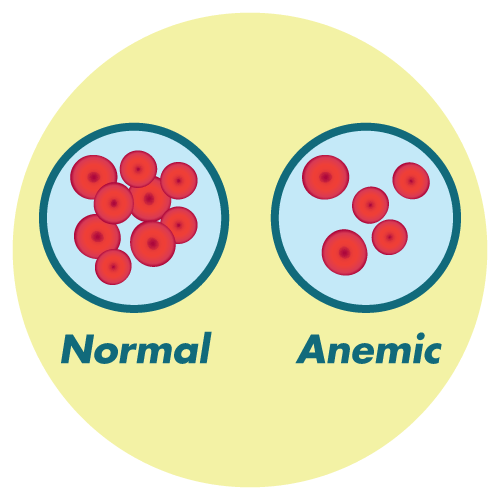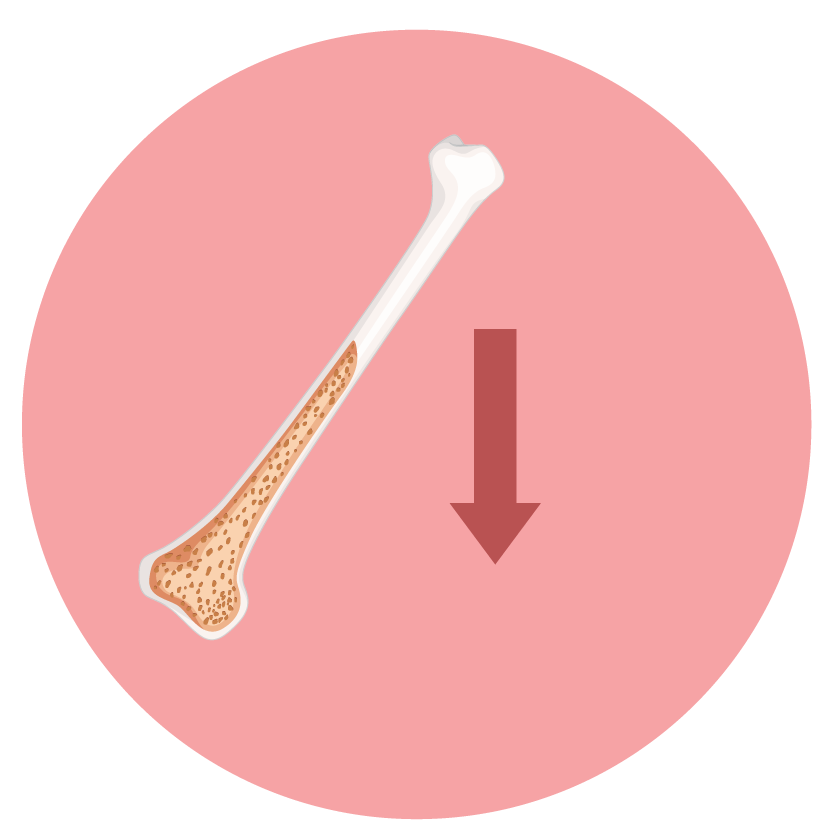Medicine details
| Image |  |
| Name | Eposis 5000 |
| Dosage | Injection |
| Generic Name | Erythropoietin |
| Classes |
Hormonal Agent |
| Diseases |
Blood Disorder |
| Company | Beacon Pharmaceuticals Ltd. |
Drug Package Details
| Strength | 5000 IU/.5 ml |
| Storage Condition | |
| Origin Country | Bangladesh |
| Commercial Pack | 1 |
| Price per pack | ৳ 1,900.00 |
| Cost per pack | ৳ 1,672.00 |
| Package unit | 5000 IU pre filled syringe |
| Price per unit | ৳ 1,900.00 |
| Cost per unit | ৳ 1,672.00 |
| Discount | 0 |
| Coupon | |
| Remarks |
Erythropoietin
Erythropoietin is classified as a hematopoietic agent. Erythropoietin is a glycoprotein hormone that stimulates the production of red blood cells in the bone marrow. It acts by binding to erythropoietin receptors on the surface of erythroid progenitor cells, promoting their proliferation and differentiation into mature red blood cells. This mechanism is crucial for maintaining adequate oxygen-carrying capacity in the blood.
Erythropoietin is categorized as an erythropoiesis-stimulating agent (ESA) and is prescribed for the following purposes:
- Treating anemia linked to Chronic Kidney Disease (CKD) in patients undergoing dialysis or not on dialysis.
- Managing anemia associated with Zidovudine in patients with HIV infection.
- Countering the effects of concurrent myelosuppressive chemotherapy, with a minimum of two additional months of planned chemotherapy initiation.
- Reducing allogeneic Red Blood Cell (RBC) transfusions in patients undergoing elective, noncardiac, nonvascular surgery.
However, it is important to note that Erythropoietin has not demonstrated improvements in quality of life, fatigue, or overall patient well-being. It is not recommended for use in certain situations, including patients with cancer receiving hormonal agents, biologic products, or radiotherapy, unless concurrently undergoing myelosuppressive chemotherapy. Additionally, Erythropoietin is not indicated in patients with cancer receiving myelosuppressive chemotherapy with a curative intent, when anemia can be managed by transfusion, in patients willing to donate autologous blood before surgery, and in those undergoing cardiac or vascular surgery. Erythropoietin should not be used as a substitute for RBC transfusions in cases requiring immediate correction of anemia.
- Assess the iron status both before and during the course of treatment, ensuring adequate iron repletion. Before commencing treatment, address or rule out alternative causes of anemia
- For pregnant women, lactating women, neonates, and infants, utilize only single-dose vials
- In patients with Chronic Kidney Disease (CKD), initiate treatment with an initial dose of 50 to 100 Units/kg three times weekly for adults and 50 Units/kg three times weekly for pediatric patients. Tailor the maintenance dose accordingly, with the intravenous route recommended for those on hemodialysis
- For patients with HIV infection receiving Zidovudine, administer 100 Units/kg three times weekly
- In patients undergoing cancer chemotherapy, the recommended dosage is 40,000 Units weekly or 150 Units/kg three times weekly for adults, and 600 Units/kg intravenously weekly for pediatric patients aged five years or older
- For surgical cases, consider individualizing the treatment plan based on the specific medical requirements.
- Patients with CKD: Adverse reactions in ≥ 5% of Epogen-treated patients in clinical studies were hypertension, arthralgia, muscle spasm, pyrexia, dizziness, medical device malfunction, vascular occlusion, and upper respiratory tract infection
- Patients on Zidovudine due to HIV infection: Adverse reactions in ≥ 5% of Epogen-treated patients in clinical studies were pyrexia, cough, rash, and injection site irritation
- Patients with Cancer on Chemotherapy: Adverse reactions in ≥ 5% of Epogen-treated patients in clinical studies were nausea, vomiting, myalgia, arthralgia, stomatitis, cough, weight decrease, leukopenia, bone pain, rash, hyperglycemia, insomnia, headache, depression, dysphagia, hypokalemia, and thrombosis
- Surgery Patients: Adverse reactions in ≥ 5% of Epogen-treated patients in clinical studies were nausea, vomiting, pruritus, headache, injection site pain, chills, deep vein thrombosis, cough, and hypertension
- The pursuit of a hemoglobin level exceeding 11 g/dL using ESAs is associated with an elevated risk of serious adverse cardiovascular events, including mortality, myocardial infarction, stroke, and thromboembolism. Furthermore, this approach has not demonstrated additional benefits. Exercise caution when considering such strategies for patients with existing cardiovascular disease or a history of stroke.
- Patients with cancer treated with ESAs may face an increased risk of mortality and/or heightened susceptibility to tumor progression or recurrence.
- Before initiating and throughout Epogen treatment, hypertension should be adequately controlled.
- For patients with Chronic Kidney Disease (CKD), Epogen usage elevates the risk of seizures. Enhanced monitoring for alterations in seizure frequency or premonitory symptoms is advisable.
- If severe anemia and a low reticulocyte count manifest during Epogen therapy, the medication should be withheld, and an evaluation for Pure Red Cell Aplasia (PRCA) should be conducted.
- In the event of serious allergic reactions, Epogen should be discontinued, and appropriate management measures implemented.
- Severe cutaneous reactions necessitate the discontinuation of Epogen.
Contraindication
Erythropoietin is contraindicated in patients with hypersensitivity to erythropoietin or any other component of the formulation.
None known.
Erythropoietin is contraindicated in-
- Uncontrolled hypertension
- Pure red cell aplasia (PRCA) that begins after treatment with Epogen or other erythropoietin protein drugs
- Use of the multiple-dose vials containing benzyl alcohol in neonates, infants, pregnant women, and lactating women



 Bangla
Bangla English
English